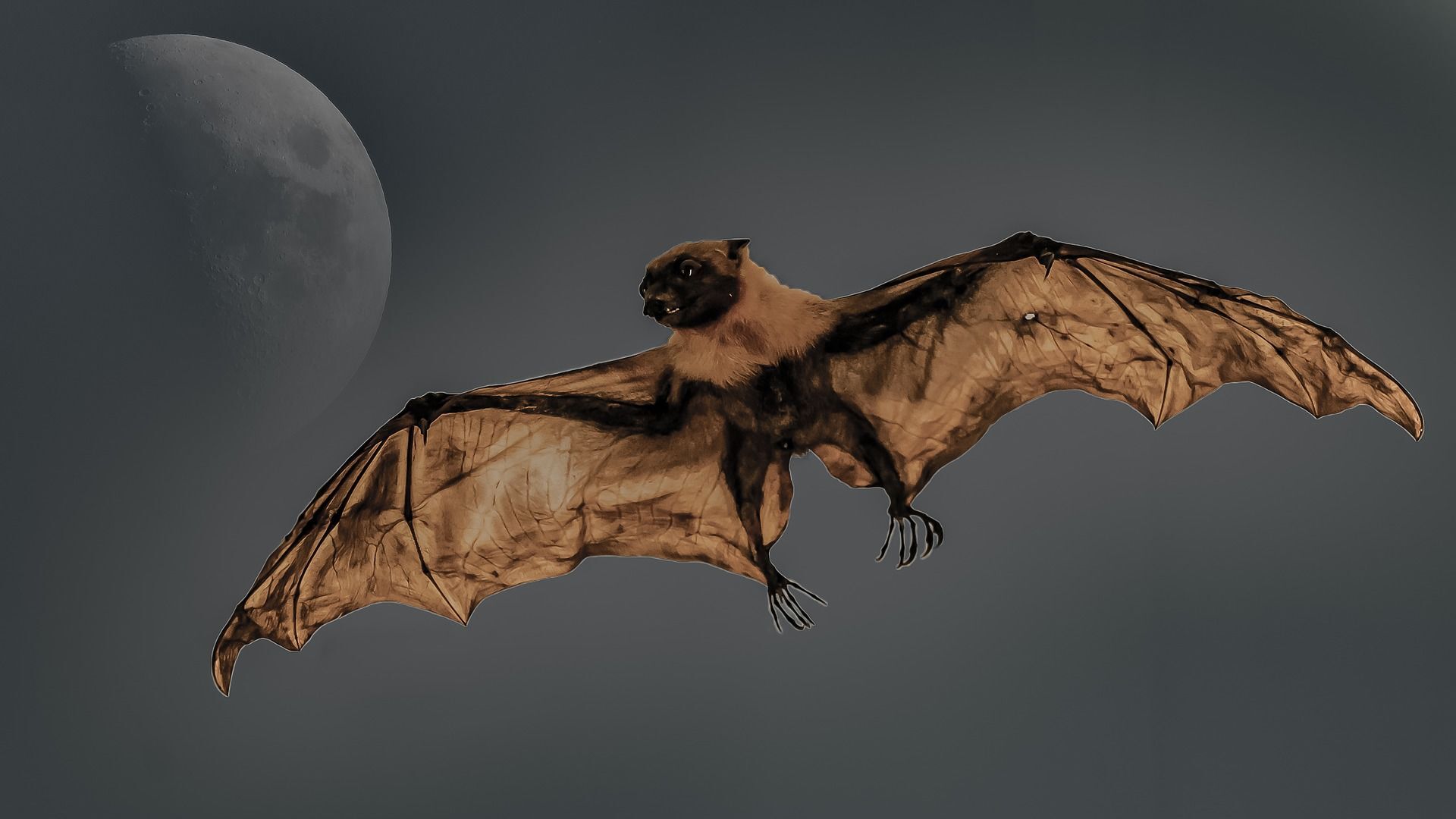https://sputnikglobe.com/20220512/buzz-no-kill-bats-use-acoustic-mimicry-to-deter-predators-scientists-say-1095471580.html
Buzz, No Kill: Bats Use 'Acoustic Mimicry' to Deter Predators, Scientists Say
Buzz, No Kill: Bats Use 'Acoustic Mimicry' to Deter Predators, Scientists Say
Sputnik International
The researchers noticed that playing recordings of the buzzing emitted by the bats to captive owls during experiments led the latter to move away from the... 12.05.2022, Sputnik International
2022-05-12T19:27+0000
2022-05-12T19:27+0000
2022-05-12T19:27+0000
science & tech
bats
defense
study
https://cdn1.img.sputnikglobe.com/img/107872/95/1078729551_0:0:1920:1080_1920x0_80_0_0_40bd8495817856092e00489c070e13bd.jpg
A new study suggests that a particular species of bats has displayed an ability to confuse their would-be predators by imitating the buzzing of insects.According to SciTechDaily, the researchers behind this new discovery say they have found the first case of acoustic Batesian mimicry – a form of mimicry when a harmless species imitates a more harmful species as a form of protection – in mammals: namely, grater mouse-eared bats, which apparently can mimic the buzzing of a stinging insect to make the bats less attractive prey for owls.As Danilo Russo of Università degli Studi di Napoli Federico II in Portici, Italy, explained, he encountered this phenomenon while catching bats in mist-netting operations during field research.Regarding the buzzing as a type of distress call, the researchers noticed that playing recordings of the sound emitted by the bats to captive owls led the latter to move farther away from the speaker, even as the sound of potential prey caused the owls to move closer.He also pointed out that there are many other vertebrate species who buzz when disturbed, and that there are hundreds of bat species, "some of which may use similar strategies," as the media outlet put it.
https://sputnikglobe.com/20220426/male-spiders-learn-how-to-eject-themselves-to-escape-sexual-cannibalism-study-finds-1095077463.html
Sputnik International
feedback@sputniknews.com
+74956456601
MIA „Rossiya Segodnya“
2022
News
en_EN
Sputnik International
feedback@sputniknews.com
+74956456601
MIA „Rossiya Segodnya“
Sputnik International
feedback@sputniknews.com
+74956456601
MIA „Rossiya Segodnya“
science & tech, bats, defense, study
science & tech, bats, defense, study
Buzz, No Kill: Bats Use 'Acoustic Mimicry' to Deter Predators, Scientists Say
The researchers noticed that playing recordings of the buzzing emitted by the bats to captive owls during experiments led the latter to move away from the speaker.
A new study suggests that a particular species of bats has displayed an ability to confuse their would-be predators by imitating the buzzing of insects.
According to SciTechDaily, the researchers behind this new discovery say they have found the first case of acoustic Batesian mimicry – a form of mimicry when a harmless species imitates a more harmful species as a form of protection – in mammals: namely, grater mouse-eared bats, which apparently can mimic the buzzing of a stinging insect to make the bats less attractive prey for owls.
As Danilo Russo of Università degli Studi di Napoli Federico II in Portici, Italy, explained, he encountered this phenomenon while catching bats in mist-netting operations during field research.
"When we handled the bats to take them out of the net or process them, they invariably buzzed like wasps," he said.
Regarding the buzzing as a type of distress call, the researchers noticed that playing recordings of the sound emitted by the bats to captive owls led the latter to move farther away from the speaker, even as the sound of potential prey caused the owls to move closer.
"Imagine a bat that has been seized but not killed by the predator. Buzzing might deceive the predator for a fraction of a second—enough to fly away," Russo remarked.
He also pointed out that there are many other vertebrate species who buzz when disturbed, and that there are hundreds of bat species, "some of which may use similar strategies," as the media outlet put it.


